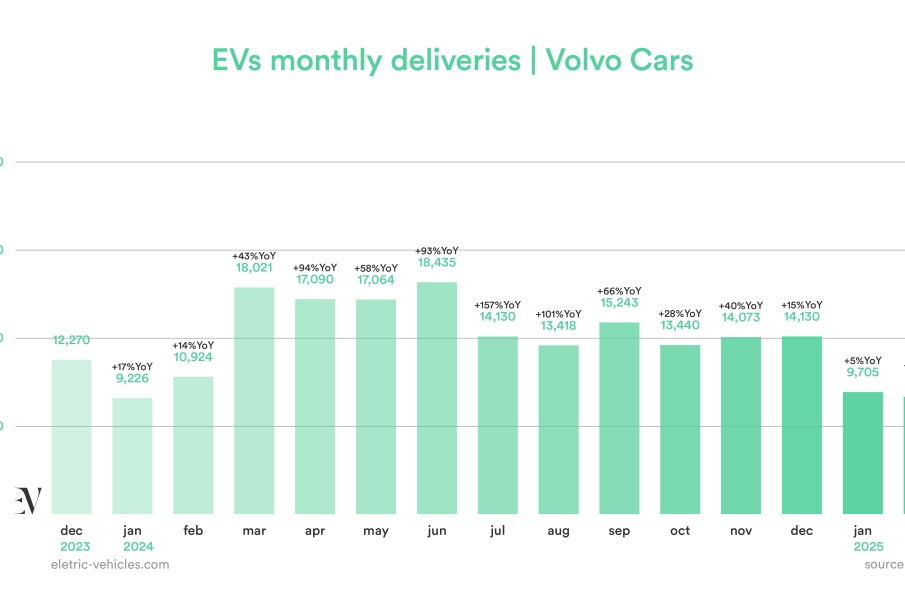Understanding the Decline in Volvo Sales and Its Implications

The Current State of Volvo Sales
Volvo Cars has recently announced a significant decline in its sales figures, drawing the attention of industry analysts and car enthusiasts alike. The notable decrease, reported at a staggering 20% year-on-year drop in the first quarter of 2023, comes amid broader shifts in the automotive market, including increasing competition and changing consumer demands.
Factors Contributing to the Decline
Several factors have contributed to this decline in Volvo’s sales. Firstly, the global semiconductor shortage has severely affected production capabilities, delaying the launch of several models that were expected to boost sales. Additionally, the rising cost of raw materials has increased the overall price of vehicles, prompting consumers to reconsider their purchasing decisions.
Furthermore, a transition towards electric vehicles (EVs) has created challenges for traditional automakers, including Volvo. The company has pledged to become a fully electric brand by 2030, necessitating significant investment in new EV technologies. However, as Volvo navigates this transition, it faces stiff competition from established EV manufacturers and newcomers alike.
Market Response and Future Projections
In response to these challenges, Volvo has announced its intention to enhance its product offerings and revamp its marketing strategies. The company aims to focus on appealing to tech-savvy consumers by integrating advanced digital features and improving overall customer experience. New models featuring fully electric powertrains and enhanced safety technologies are expected to be released in the coming years, which could significantly influence sales positively.
Industry experts suggest that Volvo’s decline in sales could be a temporary setback rather than a long-term trend. As consumer preferences shift towards sustainability and advanced technology, Volvo’s commitment to electrification may reposition it favorably in the market. However, the timeline for recovery remains uncertain and largely depends on global economic conditions and the speed at which the automotive supply chain stabilises.
Conclusion: Navigating Through Uncertainty
The decline in Volvo sales is a reflection of the broader challenges facing the automotive industry today. With ongoing transitions in consumer behaviour towards electric vehicles and the impact of global supply chains, manufacturers must adapt quickly to the evolving market landscape. For Volvo, the focus on electrification and innovation is pivotal for regaining consumer confidence and driving future sales. The coming years will be critical to observe how Volvo overcomes these hurdles and whether it can emerge stronger in the competitive automotive arena.









